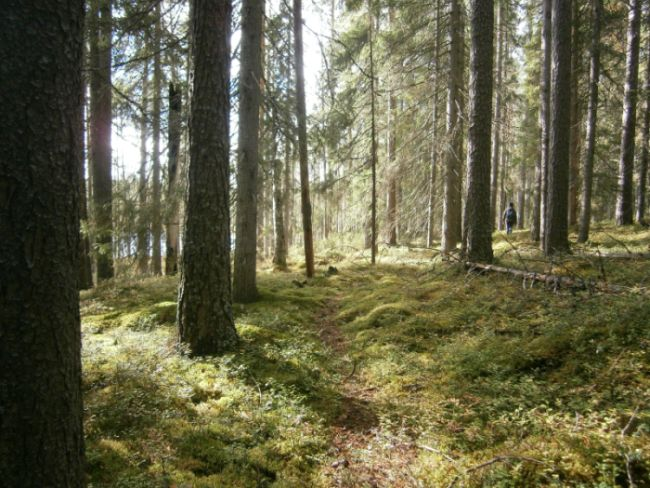European Forest Week 2021
6th European Forest Week, 22–28 November 2021
Theme: The Future of Forests
First celebrated in 2008, the European Forest Week provides a unique opportunity to increase the forest sector’s visibility and to influence pan-European and global discussions related to forests. The week is jointly organized by the Food and Agriculture Organization of the United Nations (FAO) and the United Nations Economic Commission for Europe (UNECE).
This year, the European Forest Week will be celebrated in conjunction with Foresta2021, the Joint Session of the UNECE Committee on Forests and the Forest Industry (COFFI), and the FAO European Forestry Commission (EFC).
How can you participate?
Organize a side event
Given the ongoing pandemic situation, all side events on the margins of the Joint Session will be held virtually.
If you would like to organize a side event on the topic of The Future of Forests, apply no later than 30 September 2021.
Side events will take place online from 22 to 25 November during lunchtime (1h30min). Chosen side event organizers are responsible for providing their own virtual platform.
Organize an event in your country
National and local activities held simultaneously in participating countries will raise awareness on forests through contests, exhibitions, talks and videos. Events in the past have included a wilderness retreat in Austria, lectures in Spain, a forestry film festival in Czech Republic, a workshop on flood prevention in Ukraine, and many more.
Share information about the event you plan to organize through the European Forest Week website, hosted by FAO. Organizers are requested to follow any local rules on social distancing and hygiene related to containing the spread of the COVID-19 pandemic.
About the Future of Forests
We are living in a fast-changing world – not only is our reality fundamentally different from two or even one generation ago, but technological and environmental changes are happening faster than ever before, affecting how we conduct our daily lives.
With a global pandemic that caused widespread disruption to economies and societies, and with climate change accelerating, it is increasingly uncertain what the future will look like in one, two and more decades. What is certain is that the forest sector of the region faces many complex challenges. One is to find the right balance for forests’ contribution to climate change mitigation and adaptation. Another is to adapt the region’s forests and forest industries to structural shifts at the global level, driven by changing demand for forest products, and by profound changes in the world’s forest resources.
In this context, the present decade is of particular importance as it marks the UN Decade on Ecosystem Restoration. Forests are one of the essential ecosystems for our planet, making reforestation, afforestation and sustainable forest management crucial for the Decade’s success. Forests also provide health benefits for everyone, such as fresh air, nutritious foods, clean water, non-toxic materials and space for recreation.
Demand for wood and other forest products and services, including biodiversity conservation and carbon sequestration, is rising and changing. As a result, the choices facing forest managers and policymakers are becoming more complex. With rapid urbanization, cities and local governments increasingly understand the benefits of planting trees in urban areas and increasing access to green spaces for city dwellers.
Governments and stakeholders need a shared vision of the major forces driving structural change, and of the possible consequences of policy choices, all set in a holistic global framework, and based on objective and transparent analysis. What is your vision for the future of forests in times of rapid change?
Source:The Food and Agriculture Organization (FAO) of the United Nations




